More pro cyclists are speaking about their mental health, and that’s a good thing
Ineos’ Leo Hayter opening up about his struggles last week was just the latest example of a new positive wave
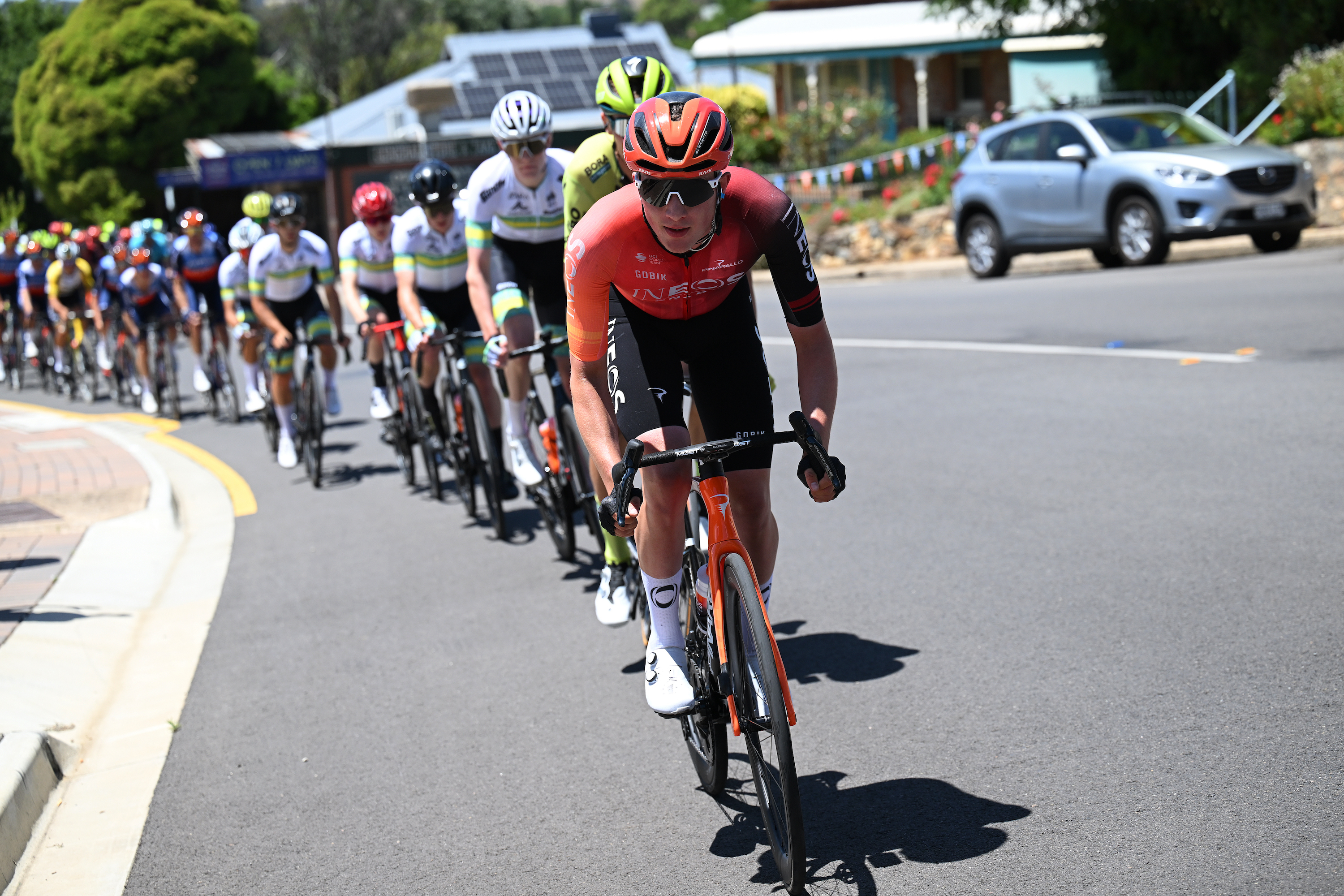

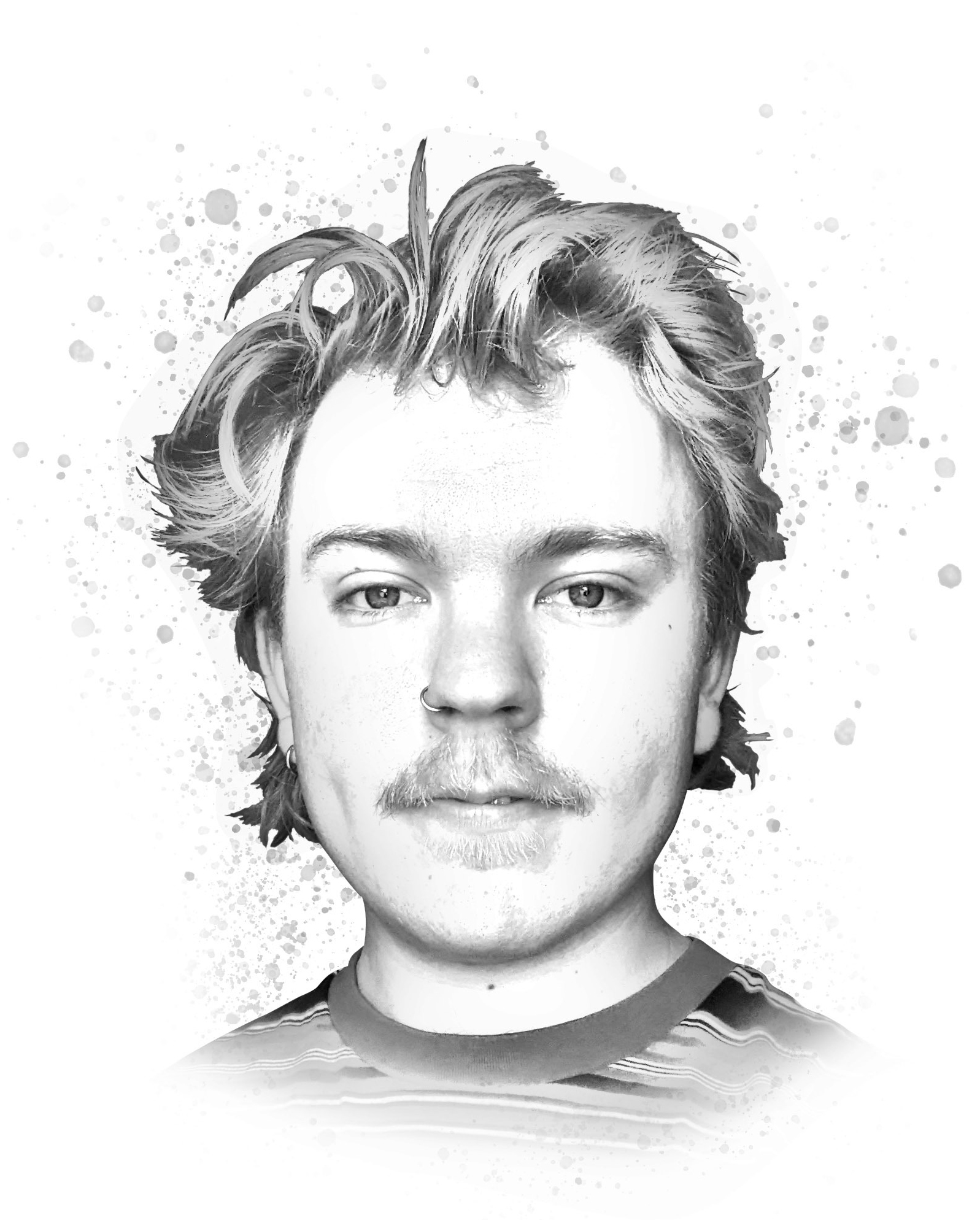
News editor at Cycling Weekly, Adam brings his weekly opinion on the goings on at the upper echelons of our sport. This piece is part of The Leadout, a newsletter series from Cycling Weekly and Cyclingnews. To get this in your inbox, subscribe here. As ever, email adam.becket@futurenet.com - should you wish to add anything, or suggest a topic.
I struggle with my mental health. The first time you admit that publicly, it can feel quite powerful. I’m far from alone in battling depression and anxiety. I’m not exceptional, I am not brave for doing this, but it is a live part of my everyday existence, one which has become a lot more normalised - thankfully - in recent years. Struggling is no longer something to be ashamed of, neither is asking for help. Whether that help is available is another question, and there are no simple solutions, but acknowledging the struggles is step one of the process. For me, that process began over six years ago, but for others, perhaps that journey is only just starting.
Last week, however, a professional cyclist was brave in talking about their mental health struggles. Pro cycling is no stranger to riders opening up about their difficulties, from Marcel Kittel to Tom Dumoulin via Jenny Rissveds, but Leo Hayter’s blog post was uniquely honest in its detail, describing exactly what he had been through.
“A lot of people have noticed that I have been absent again this year,” he said. “Without going into too much detail, I have been struggling for some years now. Last May I was diagnosed with depression, and although those symptoms at first improved, I have found myself in that same place again. I broken down this year and I have not been training/racing for some time now."
Although this kind of situation is becoming more common, hearing someone in the public eye talking about their mental health struggles is heartening. Hayter is just 22, and hopefully has time to recover and still have a cycling career, but if not, a life. He comes from a generation which has the knowledge and the language to explain what is happening to them, the confidence to do so, and also the wherewithal to do something about it. He is a young man who is not trying to bottle it up, to battle on alone. It’s refreshing to see this in a world where suicide is still the number one cause of death for men under 50. Sharing helps.
"I’m hoping writing this and making it public will make it easier to contact my friends, see people, do normal things," Hayter wrote. "I haven’t been cycling for the last months, but I haven’t been living either.”
That is the hope that all of us have when we talk about our mental health in public. It isn’t to virtue signal, or to join in, it is often to either seek catharsis, or to offer help. That friend of yours who seems distant, the mate who hasn’t replied to a text? Perhaps there is a lot more to the situation than you know.
Hayter’s situation is a reminder that we so rarely know what is going on in a rider’s life. A confusing string of results on Procyclingstats - Hayter raced the Tour of Hungary in May this year and has not pinned a number on since - is all that we have to go on.. It’s easy to say “be kind”, but perhaps the answer is to be a bit more thoughtful when considering why someone once-promising has tailed off, or why a rider has not raced in a while. We don’t know what is happening, beyond what we see on television or glean from interviews. Even those that seem to be doing well might not be; I know all too well that those who might appear serene above the water might be furiously kicking just to stay at that place.
Get The Leadout Newsletter
The latest race content, interviews, features, reviews and expert buying guides, direct to your inbox!
Hayter is not alone in coming to the realisation that results in cycling don’t necessarily equate to contentment in life. Cormac Nisbet, who rides for Soudal Quick-Step’s development team, announced on Monday that he would leave cycling because it simply did not bring him happiness.
“The last few months have been incredibly difficult for me as this goal [to be a pro cyclist] has faded,” he wrote on Instagram. “I came to terms with the fact that the lifestyle I once dreamed of as a kid was no longer a future I wish to pursue.”
While it is sad that Nisbet is leaving the sport, and Hayter is putting his career on pause, it is good to see young men realise that things can change, and that being honest is the first step. All power and solidarity to them. Hopefully, Hayer’s story and Nisbet’s honesty will inspire more open conversations in the future.
In the UK, Mind offer a suite of resources if you are struggling with your mental health. Samaritans can be contacted on 116 123, or email jo@samaritans.org.
This piece is part of The Leadout, the offering of newsletters from Cycling Weekly and Cyclingnews. To get this in your inbox, subscribe here.
If you want to get in touch with Adam, email adam.becket@futurenet.com.

Thank you for reading 20 articles this month* Join now for unlimited access
Enjoy your first month for just £1 / $1 / €1
*Read 5 free articles per month without a subscription

Join now for unlimited access
Try first month for just £1 / $1 / €1

Adam is Cycling Weekly’s news editor – his greatest love is road racing but as long as he is cycling, he's happy. Before joining CW in 2021 he spent two years writing for Procycling. He's usually out and about on the roads of Bristol and its surrounds.
Before cycling took over his professional life, he covered ecclesiastical matters at the world’s largest Anglican newspaper and politics at Business Insider. Don't ask how that is related to riding bikes.
-
 Madison Flux short sleeve jersey review: functional and affordable
Madison Flux short sleeve jersey review: functional and affordableThe road cycling jersey delivers top performance for a budget-conscious cyclist
By Hannah Bussey
-
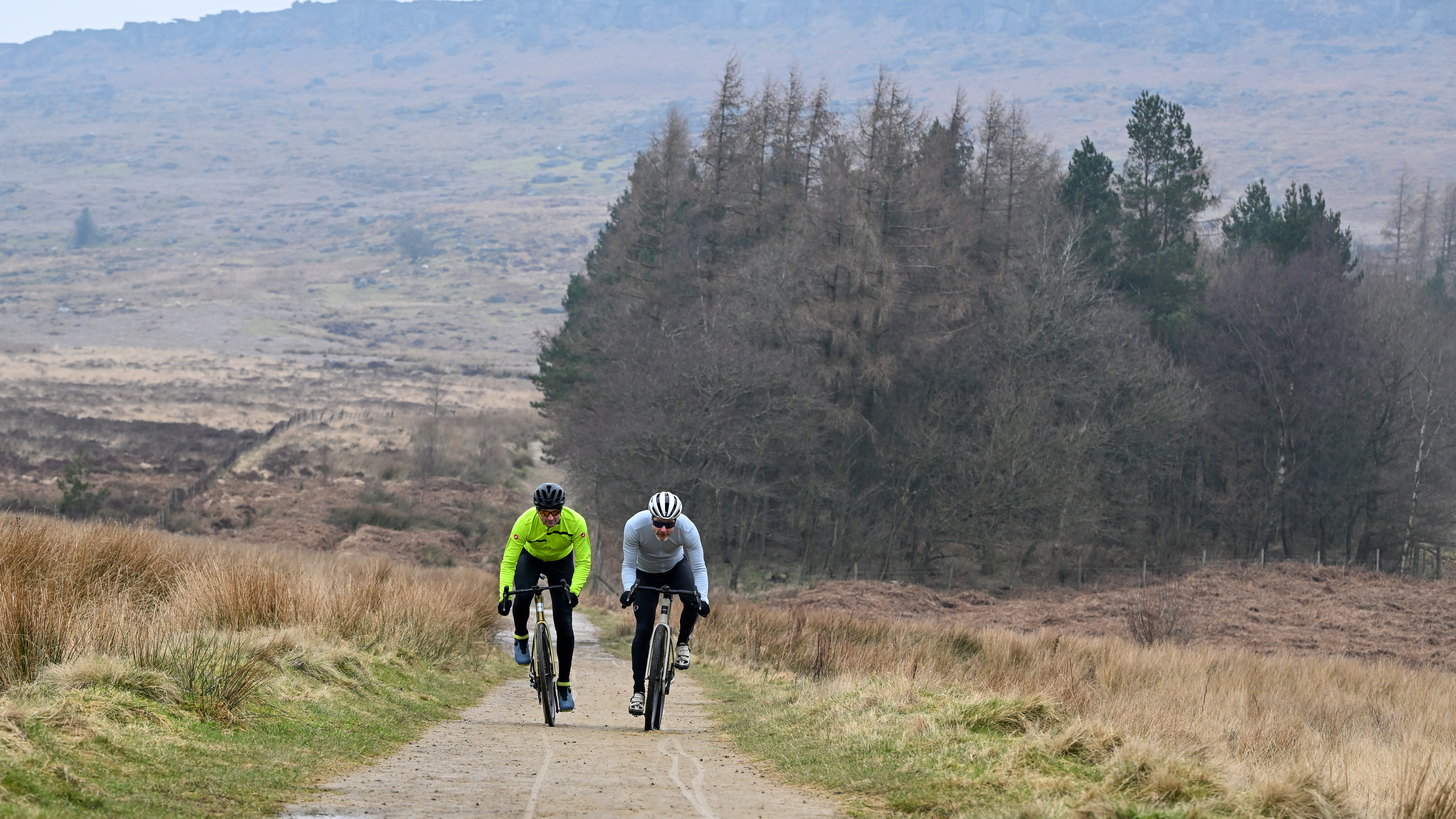 I pitched a top-end all-road bike against a top-end gravel bike, here's what I found
I pitched a top-end all-road bike against a top-end gravel bike, here's what I foundMulti-surface machines go head-to-head-to-head and categories clash as Tim Russon rolls up for the ultimate do-it-all bike showdown
By Tim Russon
-
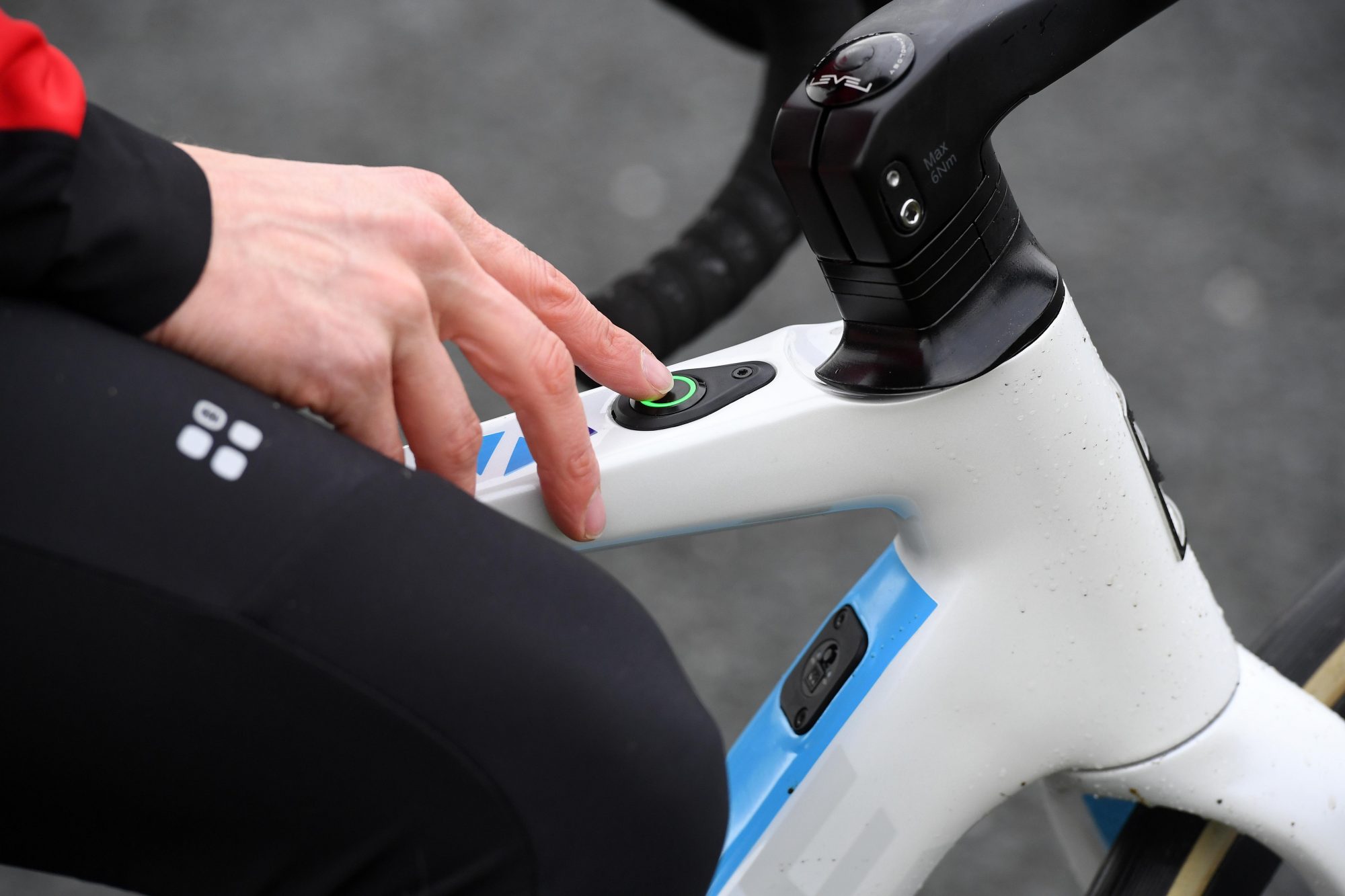 The first time I was overtaken by an e-bike I was jealous and frustrated, now I recognise they belong, even in racing
The first time I was overtaken by an e-bike I was jealous and frustrated, now I recognise they belong, even in racingE-bikes aren’t cheating; they are the future of cycling, says Marley Blonsky
By Marley Blonsky
-
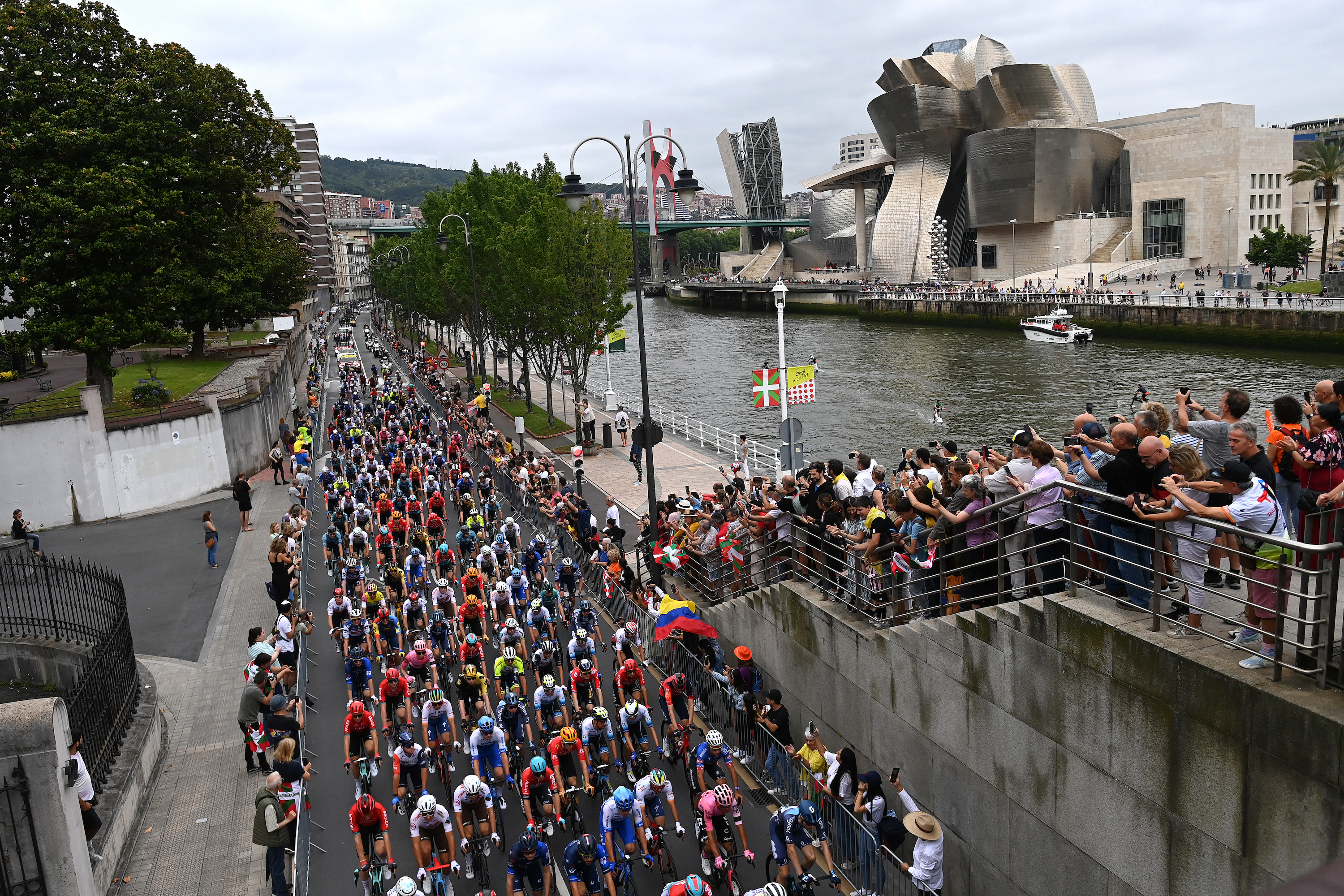 Foreign Grands Départs for the Tour de France might be fun, but we should put a cap on them
Foreign Grands Départs for the Tour de France might be fun, but we should put a cap on themBarcelona 2026 will be the Tour’s fourth foreign start in five years. Is it time to think about the environment before profit?
By Adam Becket
-
 Unbound is one of the biggest things in cycling now, but I struggle to be interested in a race I can’t see
Unbound is one of the biggest things in cycling now, but I struggle to be interested in a race I can’t seeThe American gravel race is a huge deal for the industry, and for our readers, and yet it still leaves me a bit cold
By Adam Becket
-
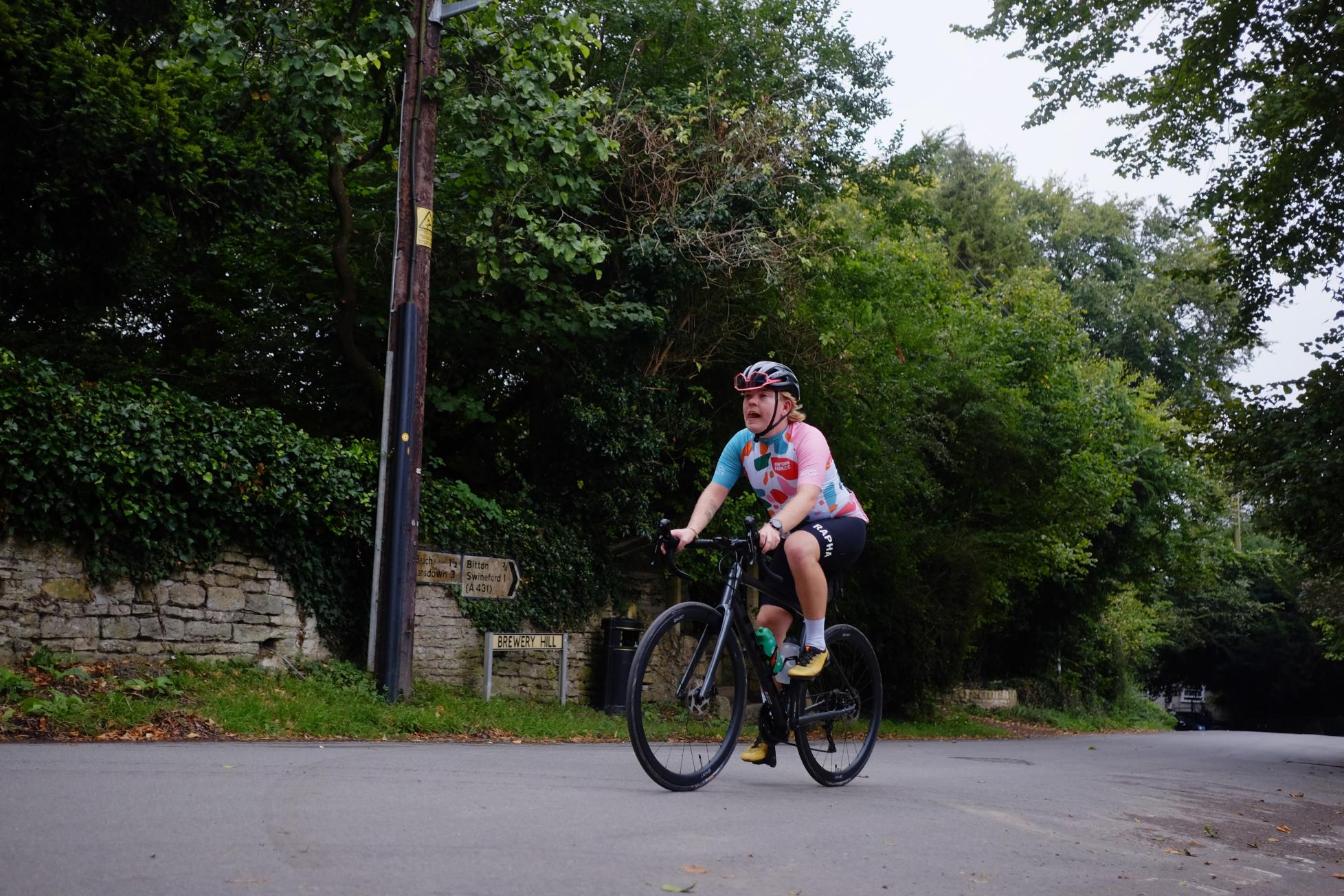 How to maximise the mental health benefits of cycling
How to maximise the mental health benefits of cyclingThis Mental Health Awareness Week, try going for a bike ride
By Adam Becket
-
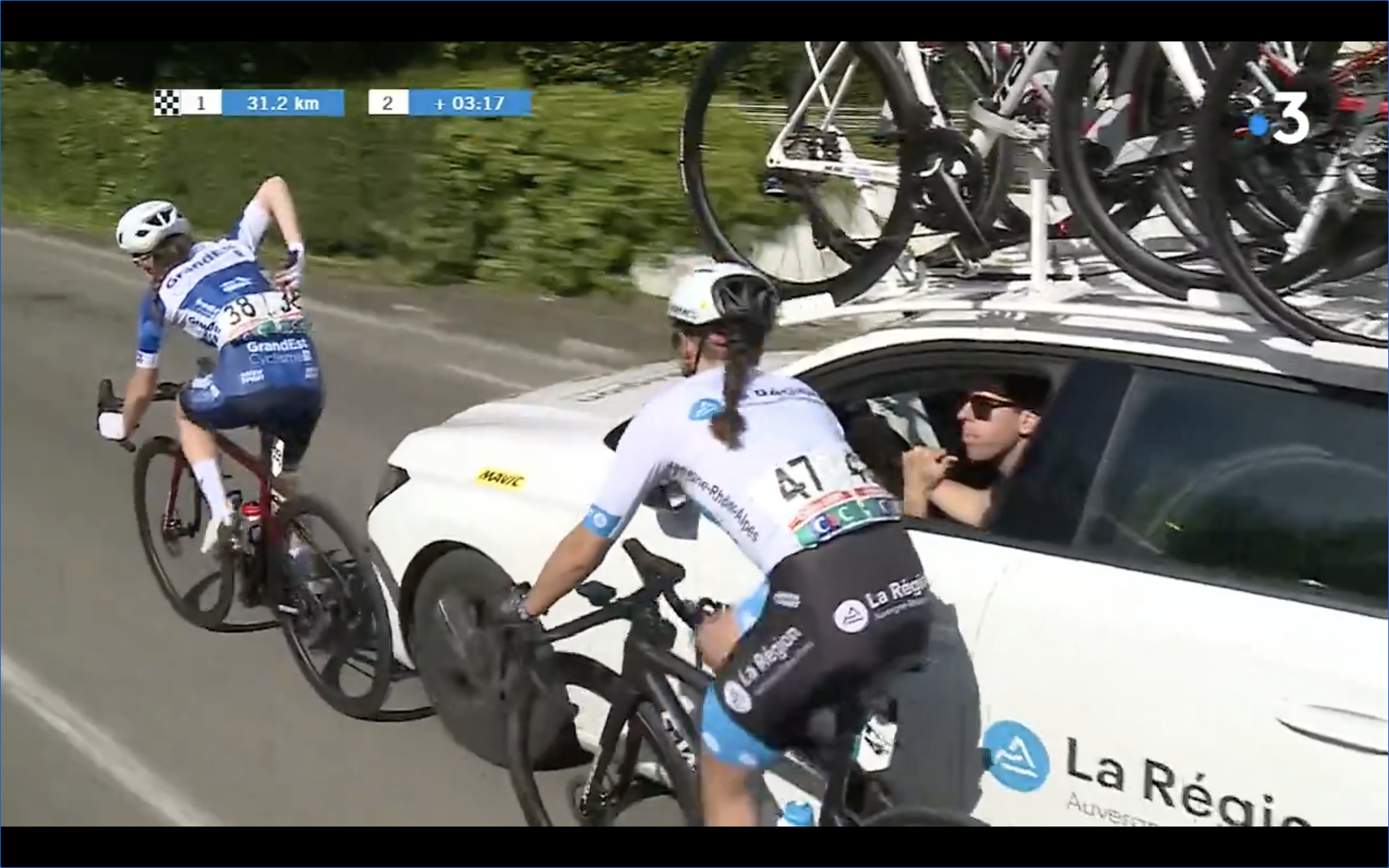 Cyclists don't accept dangerous driving in any other circumstance, so why is it ok in a bike race?
Cyclists don't accept dangerous driving in any other circumstance, so why is it ok in a bike race?The incident involving two riders at France’s women’s junior national championships provokes serious questions about the proximity of racers to ‘support’ cars
By Adam Becket
-
 I went to Amsterdam and it showed me how much better cycling could be in the UK
I went to Amsterdam and it showed me how much better cycling could be in the UKWhile in the UK we have a "plan for drivers", in the Netherlands everything is just done by bike, and it's good
By Adam Becket
-
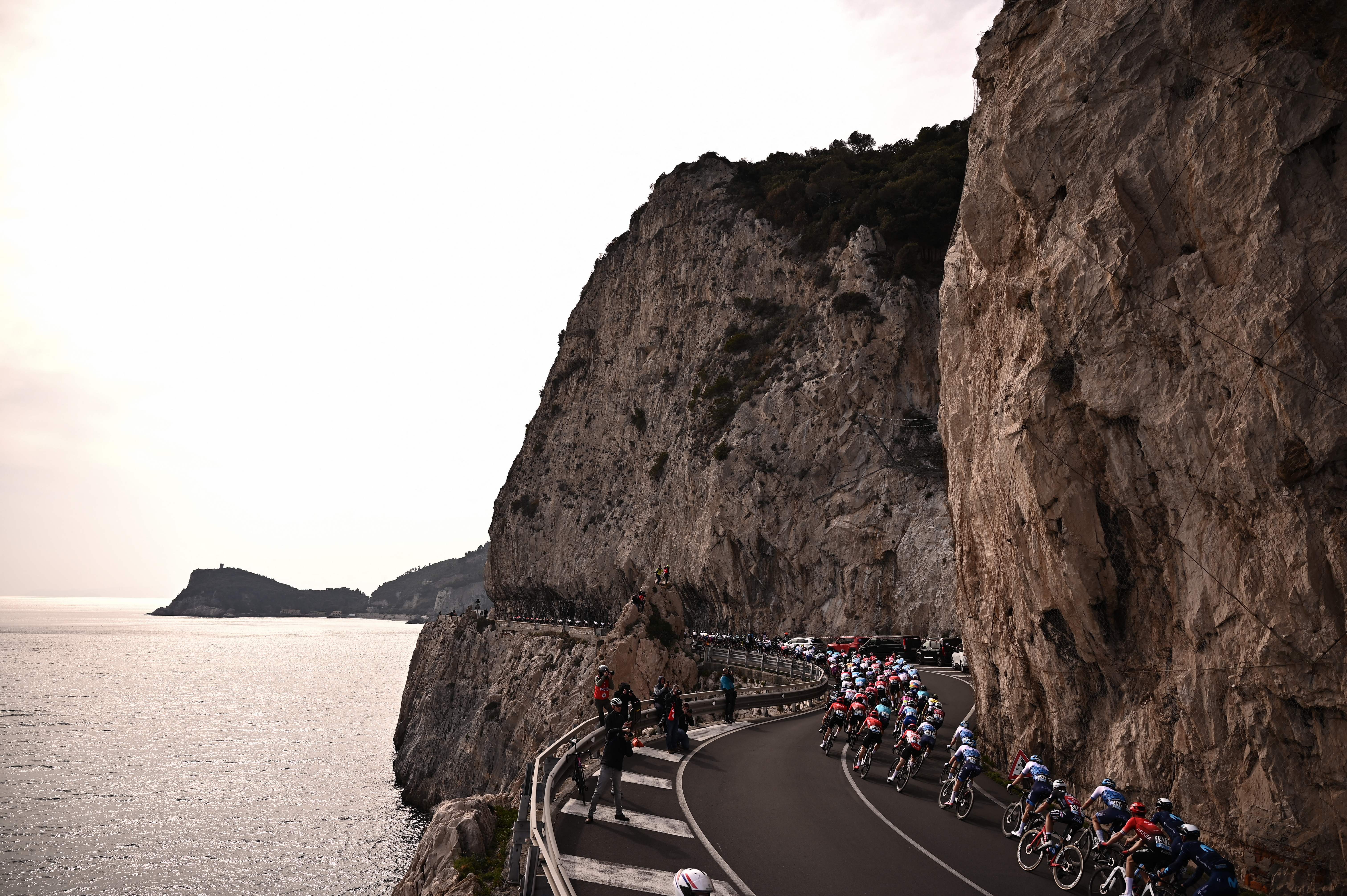 Do longer races actually mean better bike racing?
Do longer races actually mean better bike racing?Milan-San Remo is shorter than 300km this year - shock! - but other races are getting longer. Is that actually a good thing?
By Adam Becket
-
 Another year, another annoying choice between Paris-Nice and Tirreno-Adriatico
Another year, another annoying choice between Paris-Nice and Tirreno-AdriaticoThe two premier stage races clashing is a continued bane for all fans of cycling, and points to a bloated sport
By Adam Becket